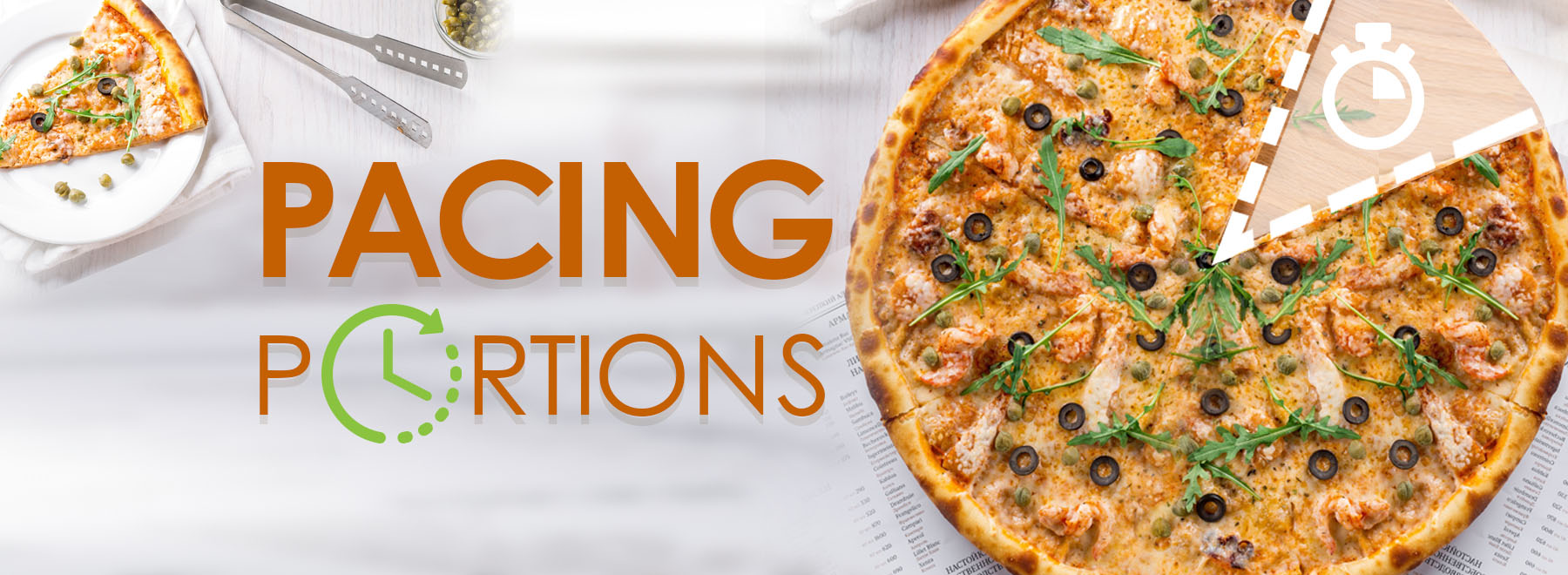Caution: Speed-eating can be hazardous to your health
When your lunch hour realistically lasts what seems like five minutes, how much food you cram down in that short period of time can give you more than indigestion.
It can result in overeating, leaving you with extra pounds and a higher body mass index than people who graze instead of gulp.
Even so, it doesn’t have to be that way, experts in the University of Mississippi Medical Center’s Bariatric and Weight Management Program say.
“Our society is so fast-paced,” said Paul Robertson, a UMMC dietitian. He said people don’t give their digestive system time – about 20 minutes – to signal to their brain that their stomach is full.
Although the temptation to shovel down food can be great because you are short on time, Robertson said it would be wise to slow down the process for the sake of your health.
“If you’re at home, one of the best things you can do is turn off your TV,” he said. “That way, nothing is distracting you. You can focus on eating.
“Add conversation to the meal. It gives you the chance to slow down and pace yourself.”
Robertson doesn’t advocate the view that people should count how many times they chew each bite as a slowing-down mechanism.
“But certainly, you can put your fork or spoon down between bites,” he said. “Chew your food thoroughly, especially if you are a bariatric surgery patient. Otherwise, your stomach will have a harder time digesting it.”
He said to practice portion control, not just with what you place on your plate, but with what you use to eat it.
“Don’t use a tablespoon: Use a regular teaspoon,” Robertson said. “Some of our bariatric patients use toddler spoons and forks.”
He said to eat small bites, especially at the end of the day.
“It will take longer to eat,” he said, “and if you finish your plate and you’re still hungry, wait 10 minutes. If you’re still hungry, go back and get a piece of protein or a non-starchy vegetable.”
Dr. Josie Bidwell, UMMC associate professor of preventive medicine, said distracted or “mindless” eating not only promotes overeating, but it “deprives you of the pleasure of enjoying the taste and texture of food.
“You always overconsume calories without feeling satisfied,” Said Bidwell, a family nurse practitioner and host of the Southern Remedy Healthy and Fit radio show Mondays at 11 a.m. on Mississippi Public Broadcasting. Instead, she said to eliminate distractions that can include your computer or smartphone and be mentally present at your meals.
She said to make it a point to prepare specific portions of snacks instead of mindlessly eating from a bag or box.
Lastly, Robertson recommends trying to stretch mealtimes to at least 20-30 minutes.
“That gives your body plenty of time to communicate to the brain, ‘I feel satisfied. I can stop. I’m good,’” he said.
The above article appears in CONSULT, UMMC’s monthly e-newsletter sharing news about cutting-edge clinical and health science education advances and innovative biomedical research at the Medical Center and giving you tips and suggestions on how you and the people you love can live a healthier life. Click here and enter your email address to receive CONSULT free of charge. You may cancel at any time.



